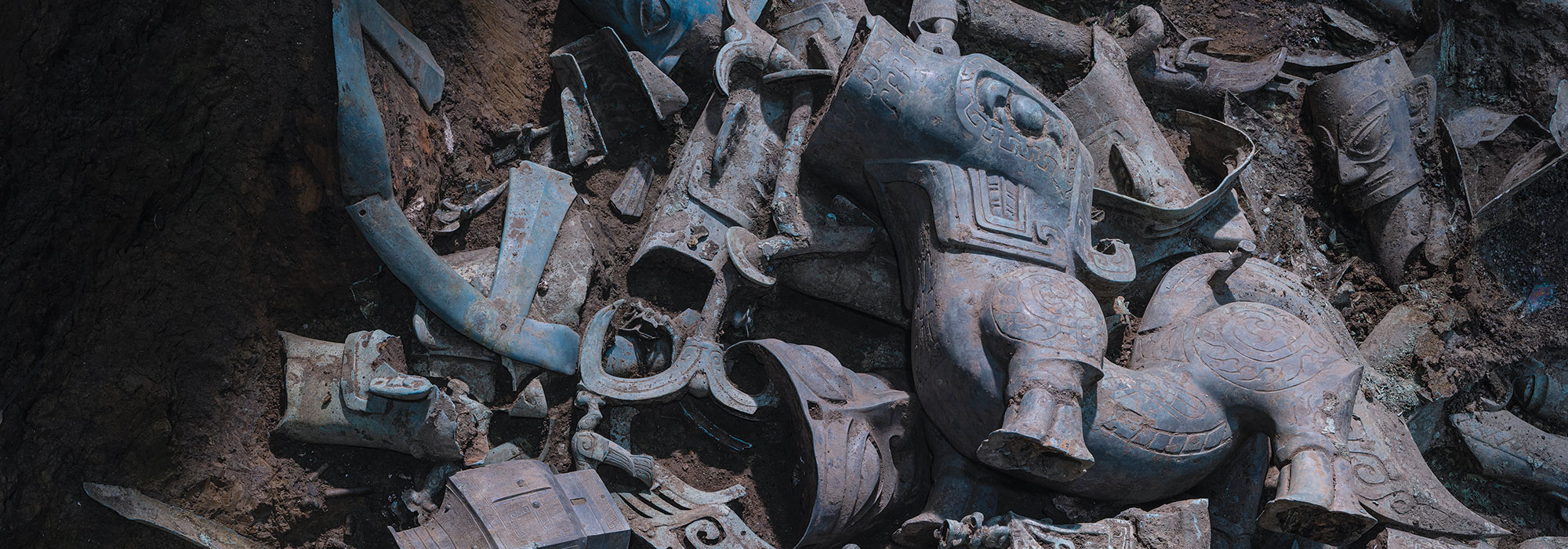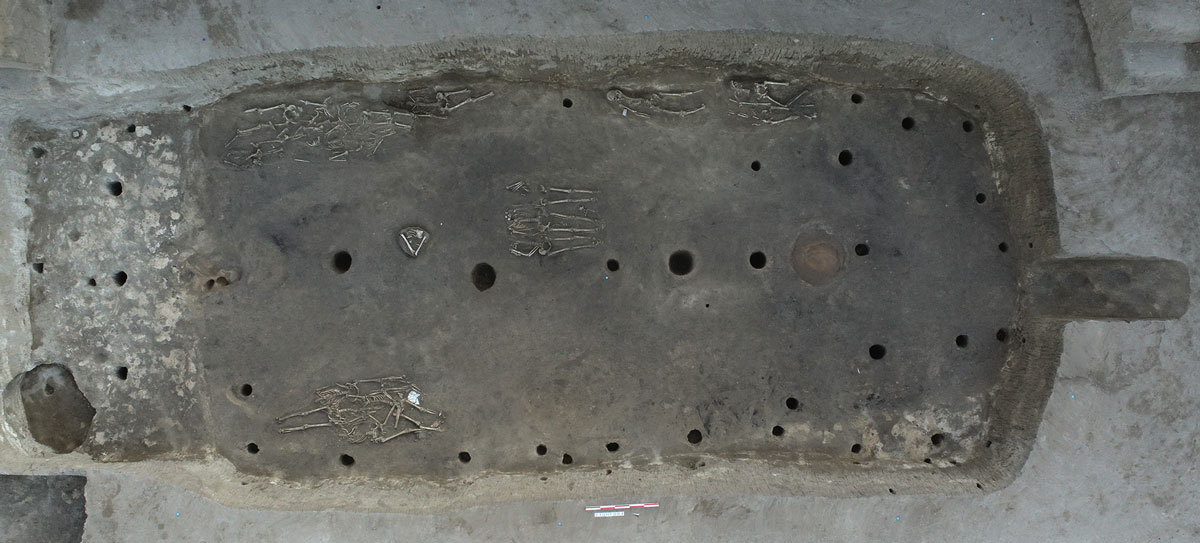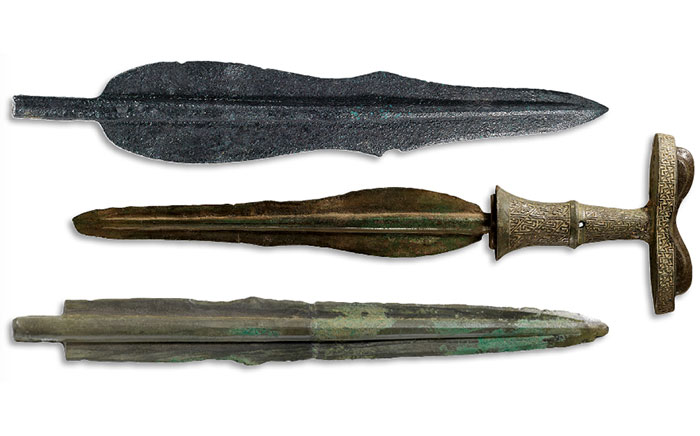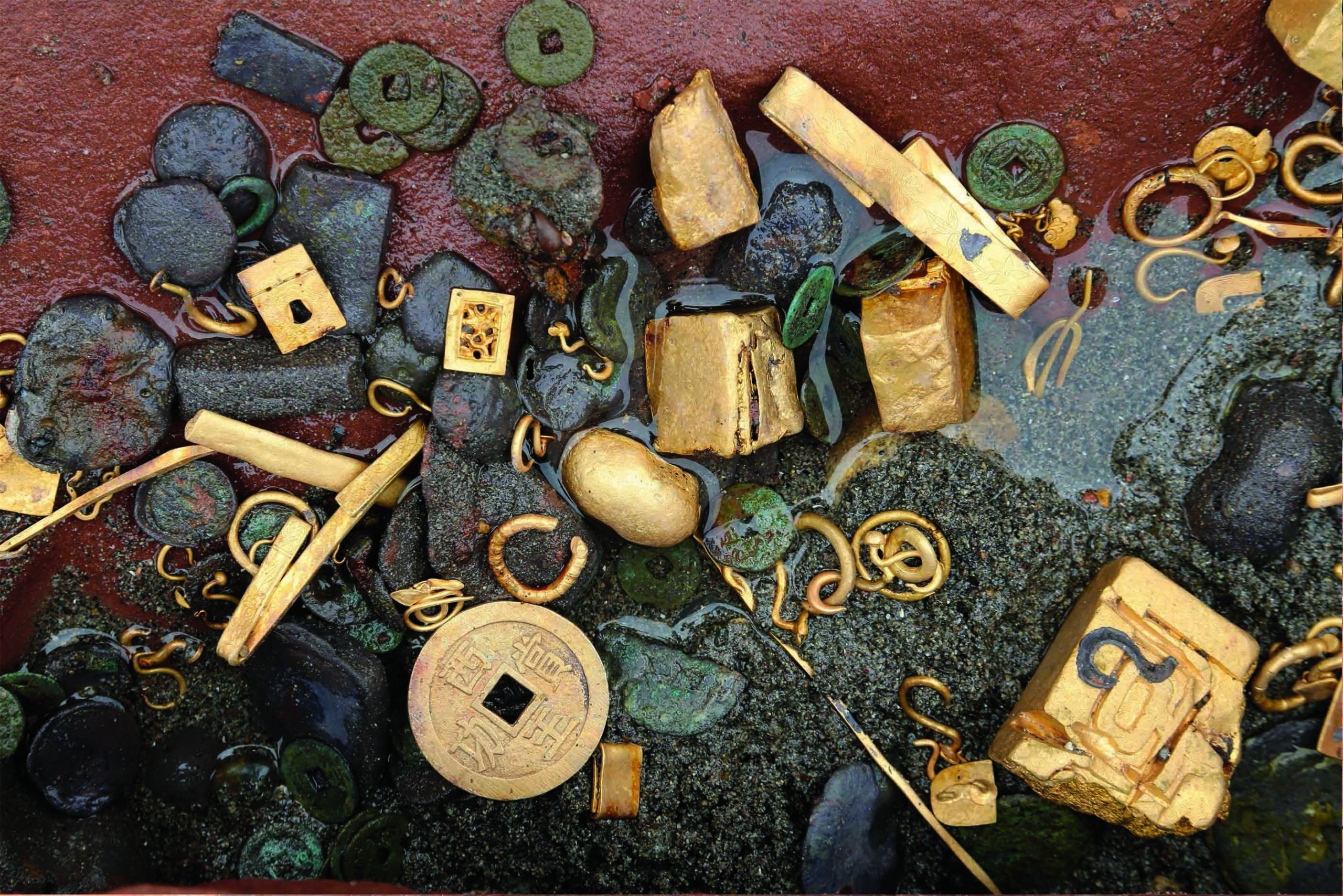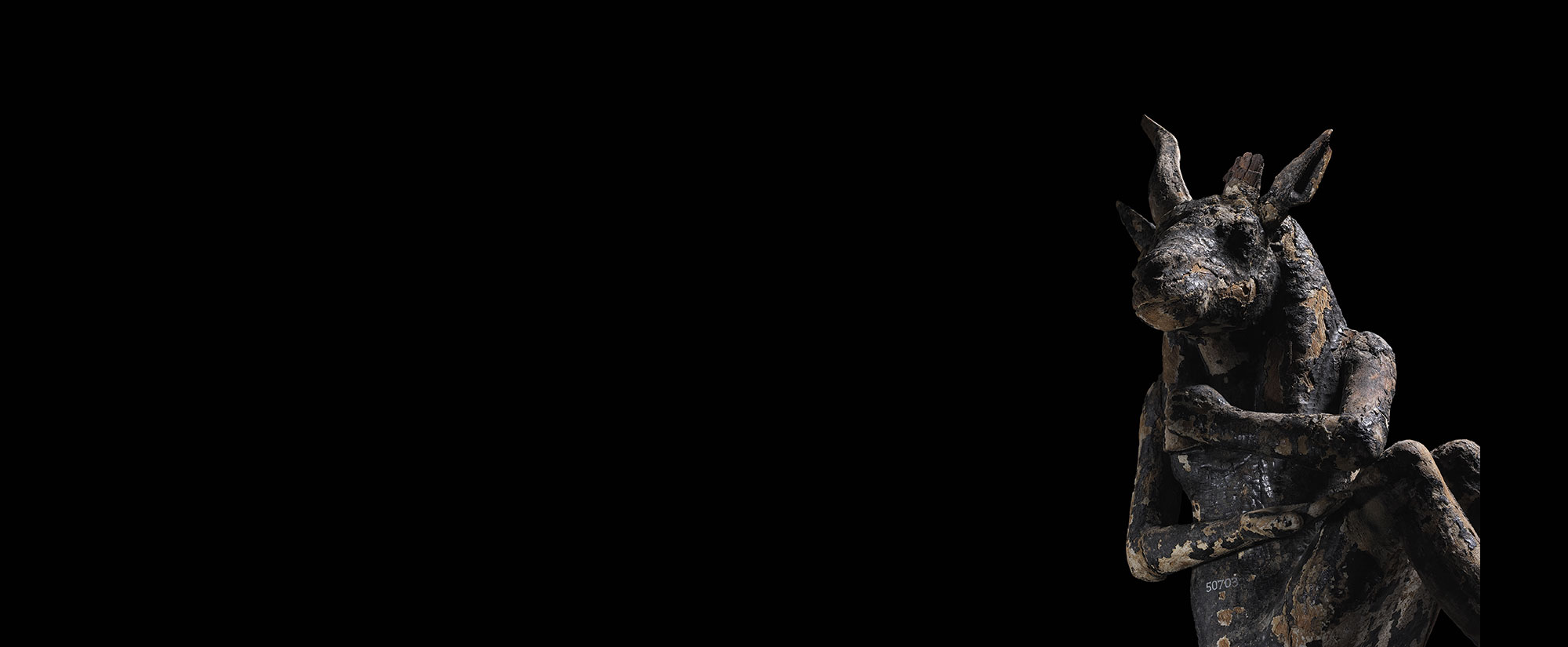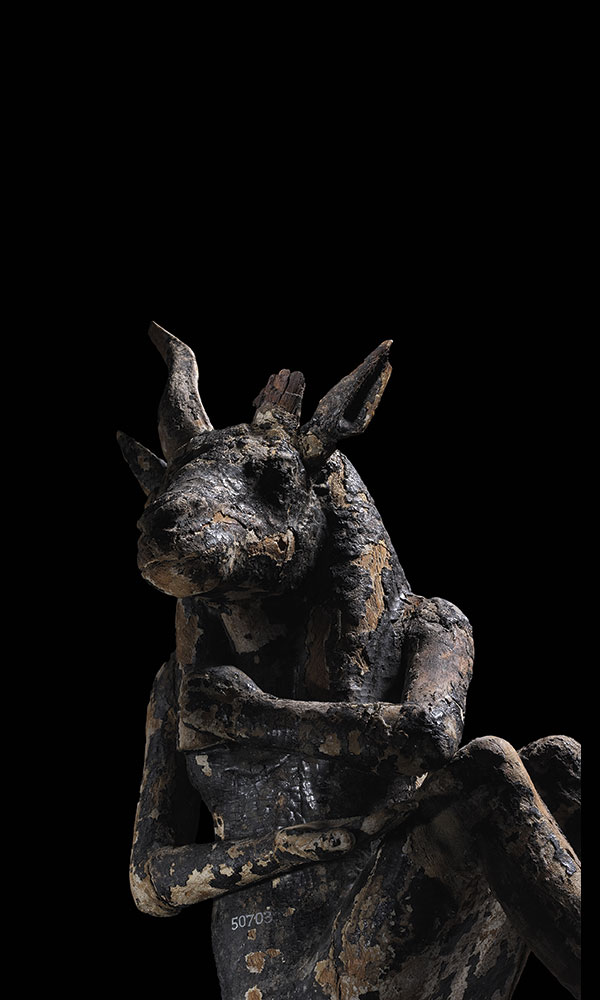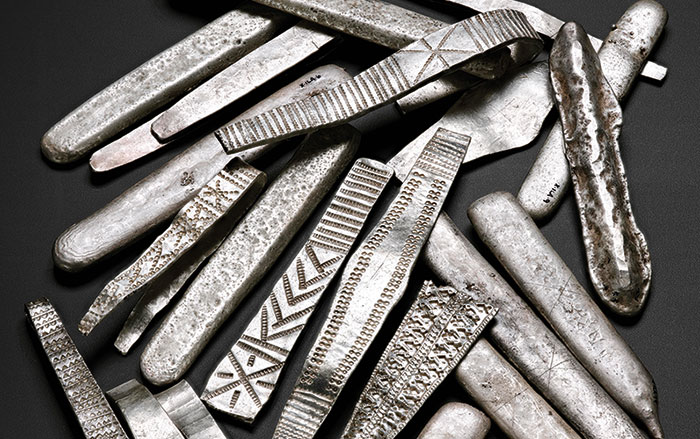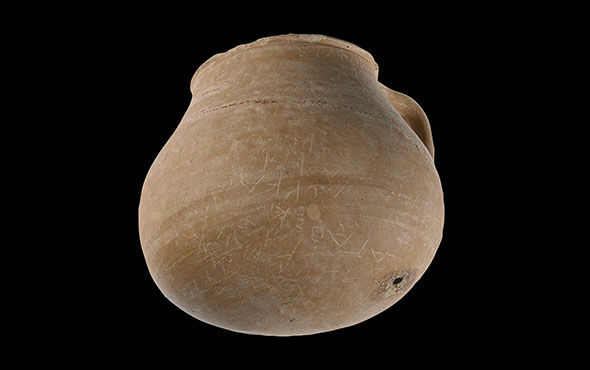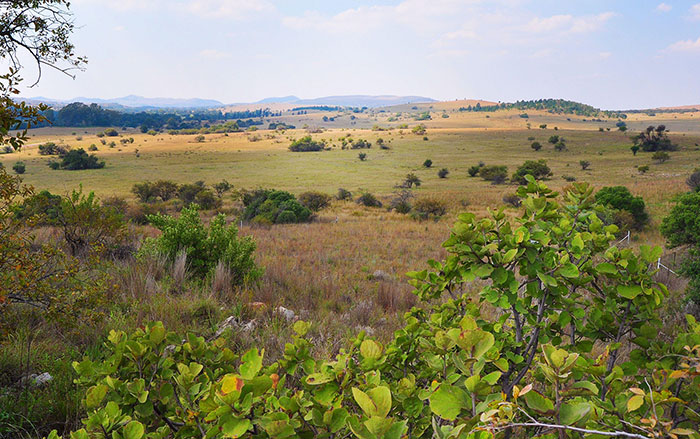
YUNNAN PROVINCE, CHINA—According to a statement released by Cell Press, analysis of a genome obtained from a 14,000-year-old hominin fossil recovered from southern China’s Red Deer Cave indicates that the individual was a modern human. It had been previously thought that these fossils could represent an unknown archaic human species, or a hybrid of an archaic population and modern humans. Comparison of this individual's genome with genomes of people from around the world suggests that this branch of modern humans may have contributed to the East Asian ancestry of Native Americans, explained team member Bing Su of the Chinese Academy of Sciences. Some of the population is thought to have traveled north from southern East Asia along China’s eastern coastline and on to Siberia, the Bering Strait, and North America. Others became the ancestors of people living in East Asia, the Indo-China peninsula, and islands in Southeast Asia, Su added. “It’s an important piece of evidence for understanding early human migration,” he said. Read the original scholarly article about this research in Current Biology. To read about a hominin skull unearthed in China that has been dated to at least 146,000 years ago, go to "China's New Hominin Species."


